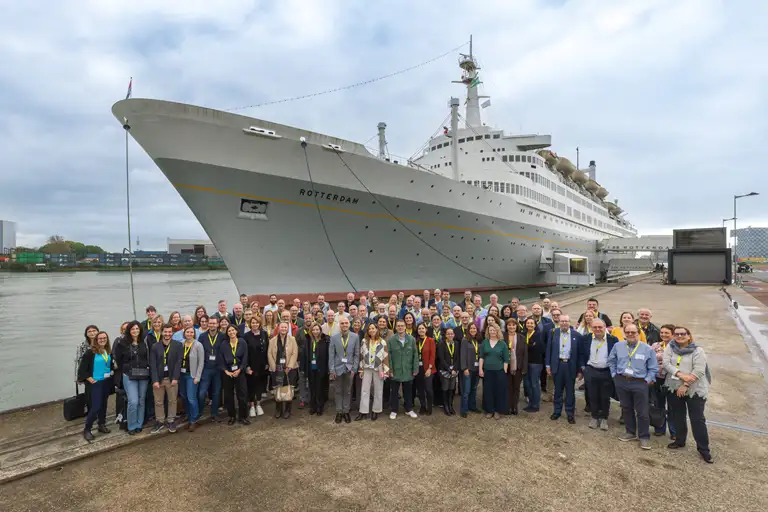The Danish National Genome Center (DNGC) in collaboration with partners from 28 European countries, have signed an agreement with the EU regarding the ambitious "Genome of Europe" project. This marks the beginning of a joint effort to establish a network of national genetic reference cohorts that will enhance the interpretation and understanding of genetic data in both clinical practice and research environments across Europe. The project is funded by the Digital Europe program.

Significant Danish participation
DNGC, in partnership with Statens Serum Institut (SSI), will develop a national reference cohort based on genetic data from approximately 1,400 Danish citizens. NGC and SSI will collaborate with the large population study ‘Glostrupundersøgelserne’ about recruiting participant from their population cohorts. All the parties are participating in Genome of Europe with a clear vision of creating added value for future Danish patients.
|
What is a genetic reference cohort used for?
When clinicians and researchers interpret a patient’s genetic data to identify potential genetic changes that could be the cause of a specific disease, it is extremely helpful to understand which genetic variations are most likely not linked to any disease.
In this context, a genetic reference cohort is a highly valuable tool.
A reference cohort is a collection of genetic data from numerous individuals, serving as a reference of the distribution of genetic variations in a population.
By comparing genetic data from patients with data from mainly healthy individuals, it becomes easier to filter out variants that are not most likely not disease-causing. If a particular genetic variation is found in several people who are not sick, it is very likely not the cause of the patient’s disease. In this way, a genetic reference cohort provides critical knowledge that helps clinicians and researchers interpret a patient’s genetic data more quickly and accurately.
|
The Danish contribution, along with the remaining reference cohorts in Genome of Europe, will be accessible to both the Danish healthcare and research communities via DNGC’s infrastructure. This allows Danish health professionals and researchers to access reference cohorts based on a representative sample of populations from across Europe. It will enable more precise genetic interpretations, regardless of a patient’s ancestry, and promote equal access to personalised medicine, both nationally and internationally, benefiting future patients.
National tools are best developed together
DNGC is responsible for the Danish contribution to Genome of Europe and has established a collaboration with SSI and Glostrupundersøgelserne for the recruitment of participants and the sequencing of their genetic data. The steering committee for the Danish contribution includes representatives from DNGC, SSI, Glostrupundersøgelserne and experts in reference cohorts. Their task is to ensure that the project is implemented effectively in the Danish healthcare system and research environment.
To ensure that the Danish contribution is well-adapted to the Danish context, DNGC has set up two advisory groups. These groups consist of experts from clinical and research environments who are currently interpreting comprehensive genetic analyses, as well as experts in bioinformatics, personalised medicine, data ethics, data protection and scientific ethics. The purpose of these groups is to advise DNGC on how to develop the reference cohort so that it is valuable in a Danish context and grounded in a solid ethical and legal framework.
For more information about Genome of Europe and the Danish contribution, please visit DNGC’s website.
Genome of Europe (danish)
Digital Europe Programme
